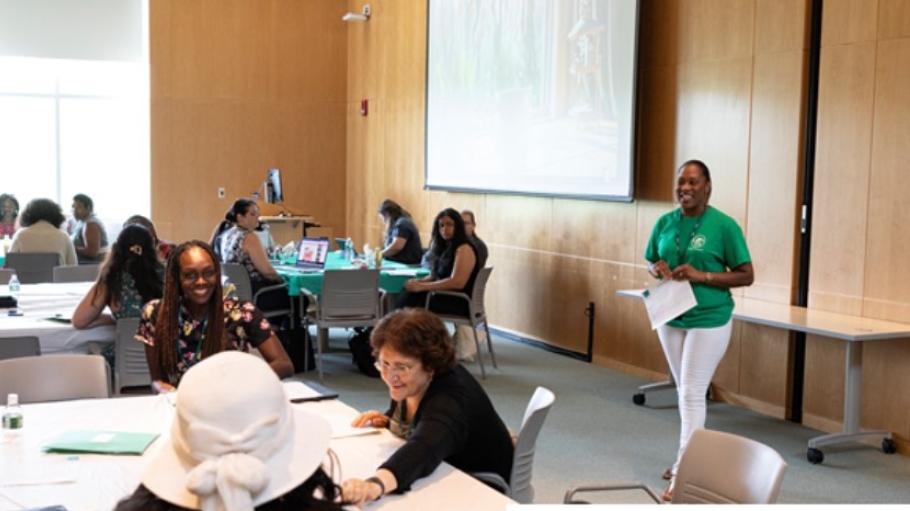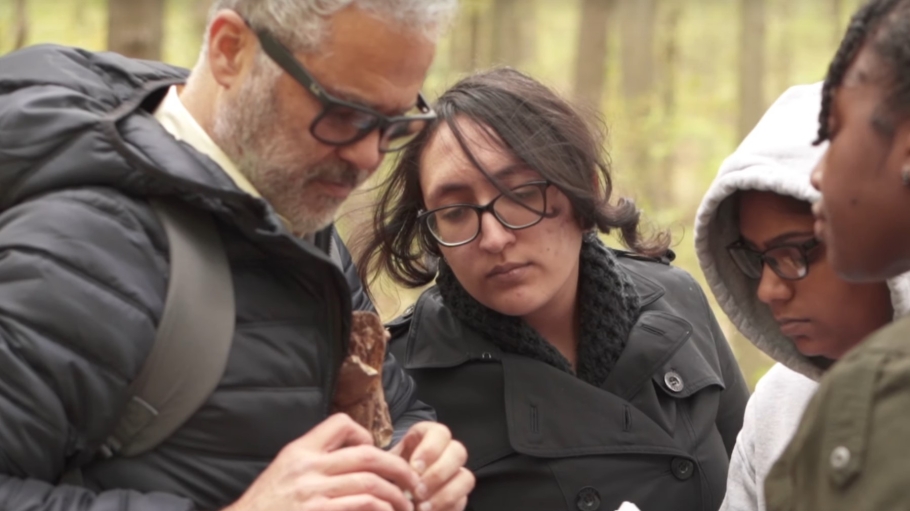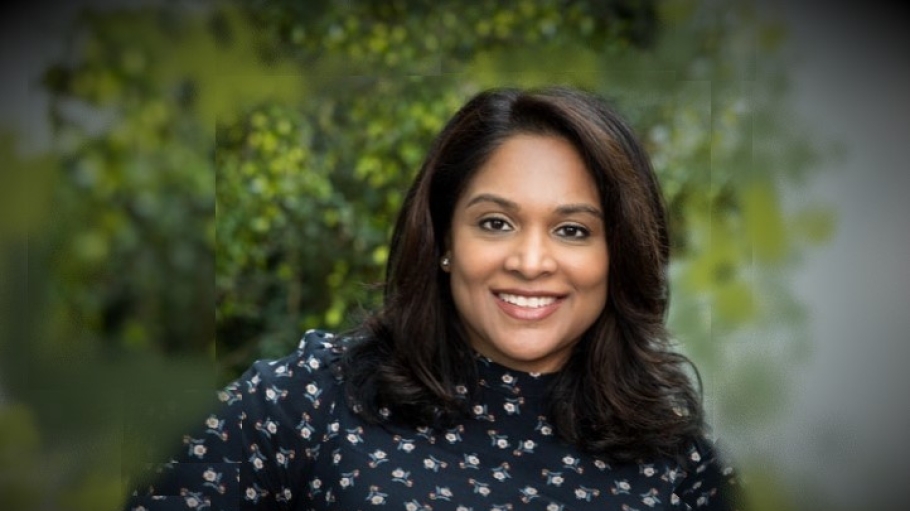EMPOWERING EDUCATORS: INNOVATIVE APPROACHES TO INSTRUCTION, TECHNOLOGY, ENGAGEMENT, & STUDENT SUCCESS
SUNY Old Westbury’s School of Education
Summer Institute for Teachers Learning Conference is back
and includes a new online session!
When: Saturday, May 10th, 2025 (Online) and Saturday, June 7th, 2025 (On Campus) 8:00 a.m. to 4:00 p.m.
Where: SUNY Old Westbury

Our conference is designed for educators
Faculty of institutions of higher education, District education leaders, Principals, P-12 Teachers, Teaching Assistants, Program directors, Curriculum specialists, Pre/In-service teachers, and all those who are strategic and thoughtful in promoting students’ success and leading transformational change at their institutions from a culturally responsive lens.
Thanks to sponsors for their generous support of this year's Summer Institute Learning Conference:
Old Westbury College Foundation Board
Adjunct Di Re
The Jules Family
Sandwich Express- Plainview
Cafe Dolce Vida- Jericho
Hand and Stone Spa- Jericho
Brendel's Bagel- Glen Cove
Gain knowledge and insights from national and local experts!
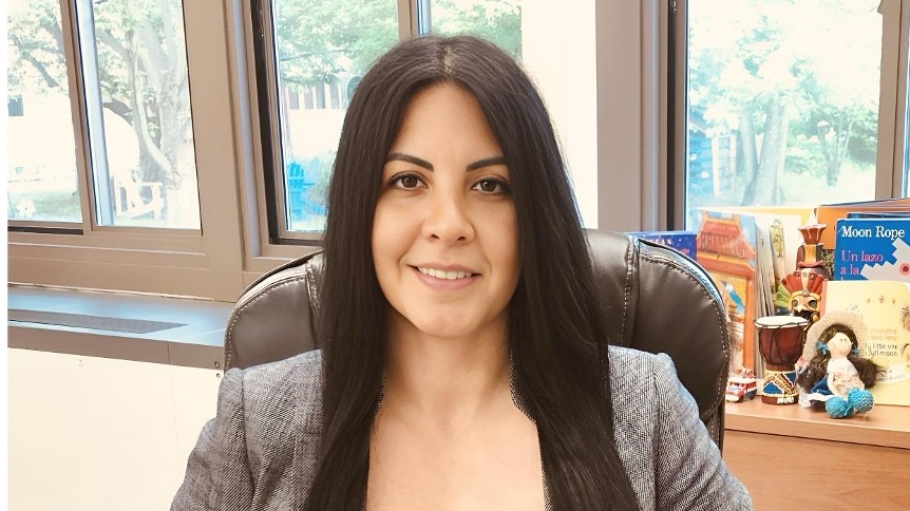
Priscilla Zárate
2025 Session One Presentation Team
Priscilla Zárate is the President and Founder of Vanguard Leadership Consulting LLC, a NYS, NYC, Nassau, and Suffolk County MWBE-certified educational consulting firm. Previously, she served as Executive Director at the New York City Department of Education (NYCDOE), where she oversaw services for more than 150,000 English Language Learners (ELLs) across 1,800 schools. In this role, she spearheaded citywide initiatives to expand high-quality bilingual and ENL programs, enhance educator capacity, and shape policies that ensure equity and excellence for ELLs. Through Vanguard Leadership Consulting LLC, Ms. Zárate is dedicated to transforming education by equipping educators and school leaders with strategic tools, research-based practices, and tailored professional development.
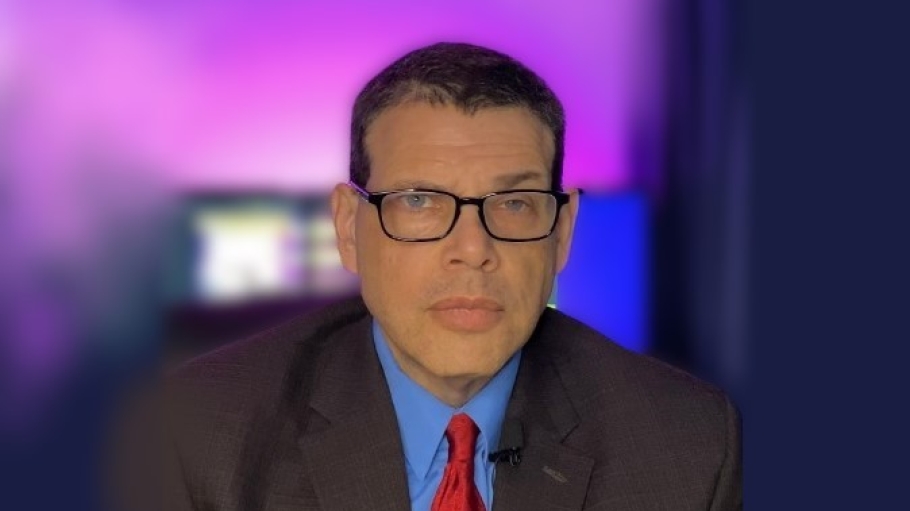
Richard Bellis
2025 Session One Presentation Team
Richard Bellis had a long and productive career in the NYC Department of Education. Most recently, For more than 11 years, he served as the citywide Executive Director for ELL Data, Policy, and Compliance. During his tenure as the Executive Director, he created many resources and publications that are still in use to this day, including the NYC DOE’s Multilingual Learner Policy and Reference Guide. He also created the NYC DOE’s first ever “At-Risk” system that analyzes 20+ high leverage data points (e.g., academic grades, attendance) to identify students in crisis or potential crisis so that schools can take immediate action. Richard also developed the NYC DOE’s Two-Tier Monitoring System for ELL programs. Prior to this, he was the Regional Senior Assessment Coordinator for half of Manhattan.
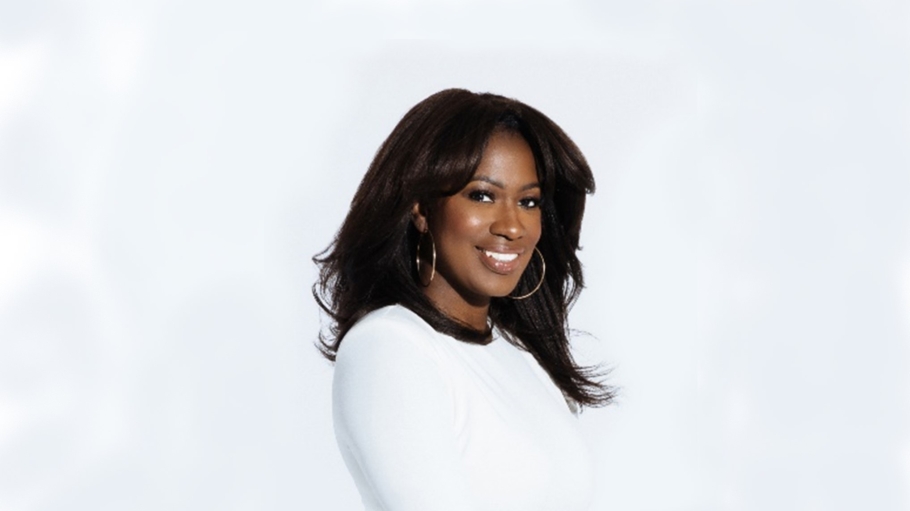
Dr. Arabelle L. Pembroke
2025 Session Two Presentation Team
Dr. Arabelle LaCroix Pembroke is a dedicated educator and the current principal of Riverdale Avenue Middle School (RAMS) in Brooklyn, New York. With over 18 years of experience in education, Dr. Pembroke has cultivated a reputation for her unwavering commitment to student well-being and academic excellence. Under her leadership, RAMS has become a nurturing environment where students are encouraged to thrive both academically and personally.

Jarena Brown
2025 Session Two Presentation Team
Jarena Brown, now in her fifth year of teaching, began her educational career as a paraprofessional in District 75 before advancing to become a self-contained special education teacher in District 23. A Brooklyn native who attended NYC public schools, she earned her Bachelor of Arts from Lincoln University and Master of Education from Touro College. Currently pursuing School Building and District Leadership studies at Molloy University, Jarena lives by the mission that students are the future of tomorrow and should be treated as such.
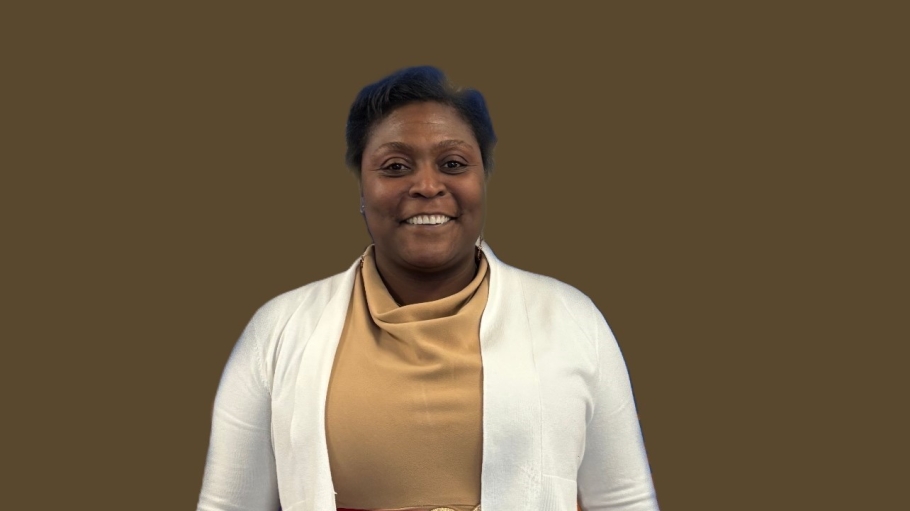
Rolande Elie
2025 Session Two Presentation Team
Rolande Elie is a Special Education Teacher at Riverdale Avenue Middle School (RAMS). She earned a master's degree in School Counseling and a second master's degree at the University of Mount Saint Vincent, where she obtained dual certification in M.S. in Childhood Education (Grades 1 Through 6) and Special Education.. In her role, she strive to create an inclusive learning environment that fosters growth and understanding among all students. Each day presents new challenges and opportunities to make a positive impact on students' lives. As Rolande continues this rewarding journey, she remain committed to lifelong learning and professional development to better serve my students and community.
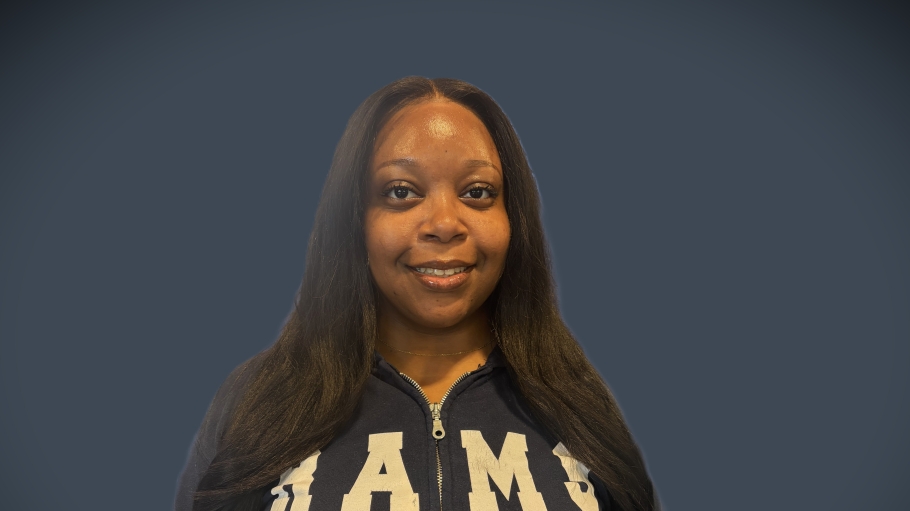
Elia Martinez
2025 Session Two Presentation Team
Elia Martinez is a dedicated education professional with over 12 years of experience nurturing children's development across multiple settings. Beginning as a babysitter, Ms. Martinez refined her childcare skills before joining New York Edge's after-school program, where she spent nearly 8 years advancing from Tutor Counselor to Assistant Director.
As a Visual Arts Specialist, Ms. Martinez developed creative programming that engaged students and fostered self-expression. Ms. Martinez currently serves as a paraprofessional at Riverdale Avenue Middle School for almost 4 years. She provides targeted classroom support while creating inclusive learning environments.
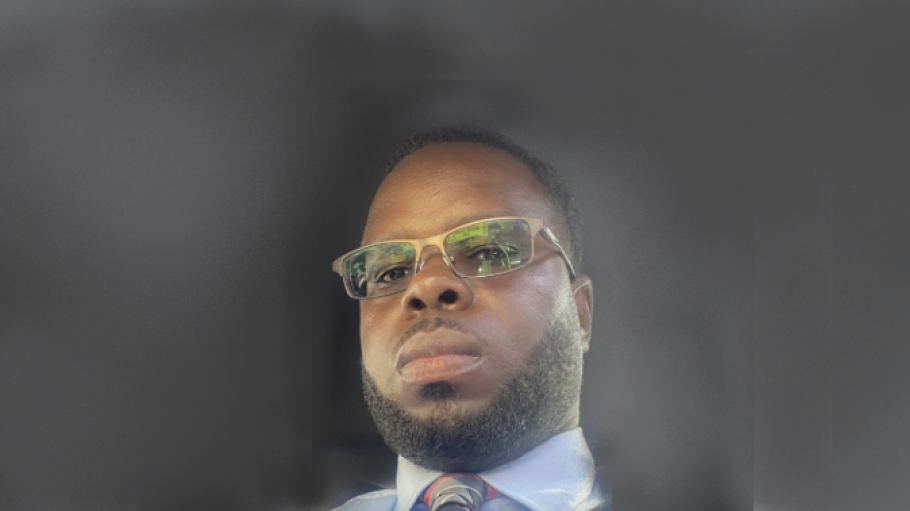
Lenox Small
2025 Session Two Presentation Team
Lenox Small is a dedicated special educator and school leader with over 16 years of professional teaching and progressive leadership experience. He currently serves as an Assistant Principal at Riverdale Avenue Middle School, where he supports instructional excellence and student success across all content areas. Over the course of his career, Lenox has taught students from Kindergarten through 8th grade in a variety of instructional settings, including Integrated Co-Teaching (ICT), Bridge classrooms, self-contained environments, resource push-in/pull-out models, and Specialized Education Teacher Support Services (SETSS). He has also held key leadership roles as an IEP Teacher, Special Education Coordinator, and Teacher Leader—guiding teams in compliance, inclusive practices, and individualized student supports.
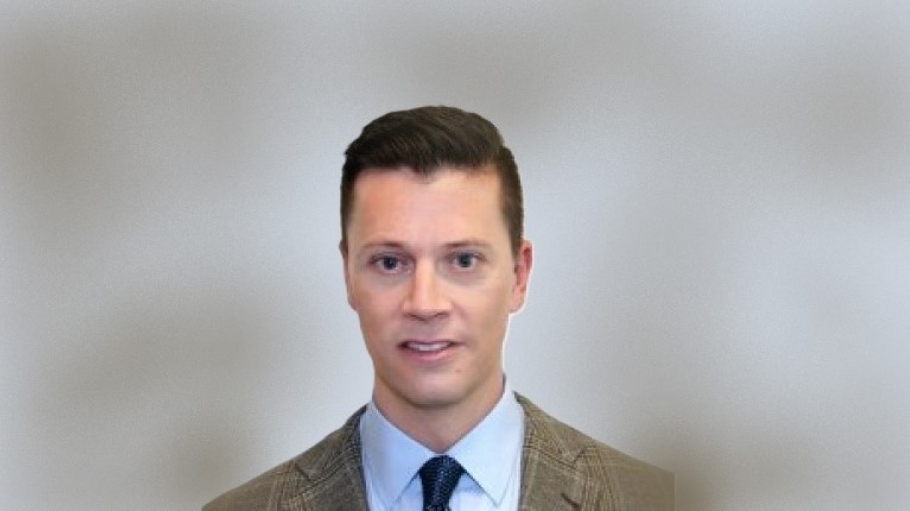
Dr. Marty A. Cooper
2025 Session Three Presenter
Dr. Marty Aaron Cooper is an Associate Professor of Psychology at SUNY Old Westbury and a licensed psychologist specializing in LGBTQ+ mental health, trauma, and cultural competence. With a Ph.D. from Seton Hall University, his research explores identity development, intersectionality, and mental health equity. A SUNY Chancellor’s Award recipient, he teaches graduate counseling courses and has published widely on gender, sexuality, and aging. Dr. Cooper also maintains a private practice and volunteers with human rights organizations. A frequent media contributor and international speaker, he bridges academia, clinical practice, and advocacy to promote mental health inclusivity.
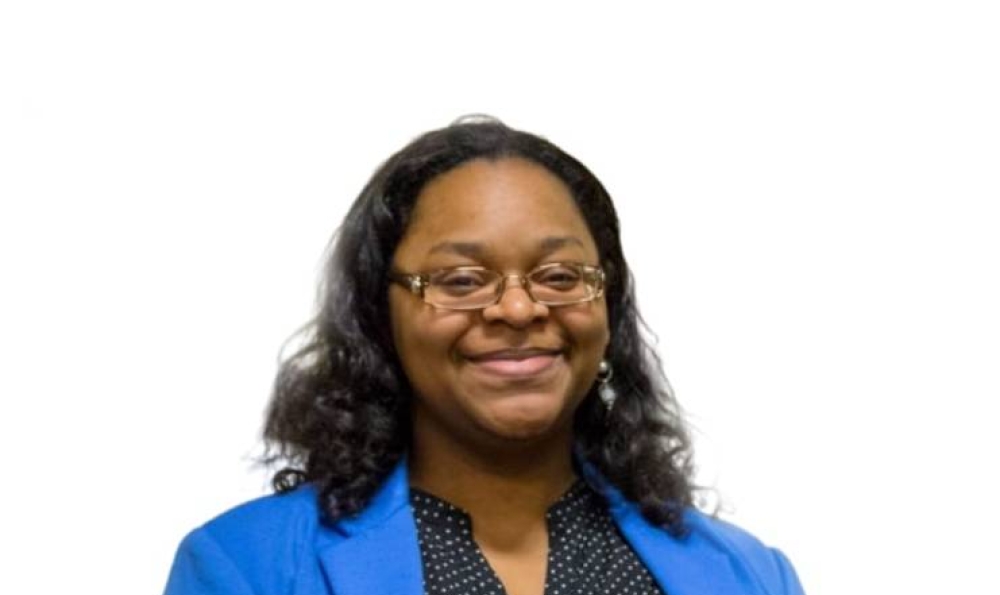
Renata Robinson-Glenn
2005 Session Four Presenter
Renata Robinson-Glenn is a middle and high school social studies teacher in New York City. Throughout her 19 year career, she has worked with a wide range of diverse learners in DOE schools. For the last 15 years she has worked at the Young Women’s Leadership School of Queens in Jamaica. She was awarded the Student Leadership Network Blue Ribbon Teacher Award in 2013 for being a committed teacher who has created “a project based learning environment for her students which enriches the quality of their education.”
2025 Conference Daily Program Schedule
Download the 2025 Schedule at a glance
Day 1 – Sat May 10, 2025 (Remote Events)
| Time | Event | Location |
|---|---|---|
| 8:50am-9:00am | Welcome Address | Zoom |
| 09:00am-10:30am | Session 1- Speaker Dr. Andre Benito Mountain Presentation Title:“Mic Check & Meaning: Culturally Affirming Literacy Through Hip Hop, Heritage, and Story” This interactive session explores how educators can center students' identities and lived experiences through culturally affirming texts—from global narratives to foundational Hip Hop tracks. By weaving in literature like Eight Days: A Story of Haiti and Esperanza Rising with Hip Hop anthems like “Self-Destruction” and “Ladies First,” participants will learn to craft reading and writing experiences that honor voice, build agency, and elevate social awareness in the classroom. | Zoom |
| 11:00am-12:30pm | Session 2- Speaker Dr. Adetokunbo Martins Presentation Title: "Rewriting the Narrative: Culture X STEM" This session explores how STEM educators can infuse culturally responsive pedagogy into their curriculum to empower students and enhance engagement. Participants will learn practical strategies to connect STEM content to students’ identities, experiences, and communities, fostering deeper learning and academic confidence. Dr. Martins will share real-world classroom examples and tools that help students see themselves as capable, valued contributors in STEM spaces. | Zoom |
| 12:31pm-1:25pm | Lunch Break | Zoom |
| 1:30pm-3:00pm | Session 3- Speaker Donna Egan, Ph.D. Topic: Artificial Intelligence (AI) in the Classroom: Practical Integration for Teaching and Learning Explore the future of teaching with "AI in the Classroom: Practical Integration for Teaching and Learning." Dr. Donna Egan will lead an interactive workshop on how artificial intelligence can transform instruction, lesson planning, assessment, and student engagement. This 90-minute virtual session introduces educators to AI tools like ChatGPT, Brisk, and MagicSchool AI, showcases real classroom examples, and includes hands-on demonstrations, collaborative discussions, and a practical prompt library. Participants will leave with ready-to-use strategies, ethical guidelines for responsible AI use, and renewed inspiration to integrate innovative technologies into their teaching practice. | Zoom |
Day 2 – sat June 07, 2025 (On Campus events)
| Time | Event | Location |
|---|---|---|
| 8:00am-8:50am | Continental Breakfast & Registration | New Academic Building (NAB) Room 1100 |
| 9:00am-10:35am | Session 1- Priscilla Zárate & Richard Bellis "Safeguarding the Education & Rights of NYS Immigrant Students: A Compliance-Centered Approach" Topic: This session provides a structured overview of how educators can meet their legal and professional responsibilities in supporting immigrant and newcomer students in New York State. Grounded in CR Part 154 compliance, it covers enrollment procedures, ENL service requirements, communication with families, and student protections. Educators will leave with practical tools and best practices to ensure equitable access to education and safeguard the rights of all students. | New Academic Building (NAB) Room 1105 |
| 10:45am-12:05pm | Session 2- Dr. Arabelle L. Pembroke, Jarena Brown, Rolande Elie, Elia Martinez, Lenox Small "Special Education and Inclusive Practices" Riverdale Avenue Middle School (RAMS) is proud to share its ongoing work in building inclusive, equitable learning environments for all students. This special education presentation highlights a commitment to inclusive teaching practices that support diverse learners through co-teaching, differentiated instruction, and Universal Design for Learning. It emphasizes equity of voice by empowering students to participate in decision-making and self-advocacy, ensuring every voice is valued. A key focus of the presented approach is leveraging the expertise of paraprofessionals who contribute to instructional support, behavior management, and student success. The presentation also outlines best practices in special education, including collaborative planning, data-informed instruction, and restorative strategies. Through these efforts, RAMS continues to foster a culture of belonging, growth, and academic excellence for all.
| New Academic Building (NAB) Room 1103 |
| 12:05pm-1:00pm | Working Lunch & Reflection/Networking | New Academic Building (NAB) Room 1100 |
| 1:00pm-2:00pm | Session 3- Dr. Marty Cooper Topic: Prioritizing Wellness: Mental Health and Self-Care Strategies for Educators This interactive session will provide educators with practical tools, resources, and strategies to support their mental health and prioritize self-care. Participants will engage in reflective activities, group discussions, and hands-on exercises designed to foster resilience, reduce stress, and build a supportive professional community. | New Academic Building (NAB) Room 1105 |
| 2:00pm-3:00pm | Session 4- Renata Robinson-Glenn " Cultivating In-Depth Understanding Through Project Based Learning" This workshop will explore the value in Project Based Learning as a way to deepen content knowledge and empower students to take ownership over their own education. The workshop will emphasize how teachers can facilitate individuals and groups in producing in-depth projects, showcasing their learning to others, and reflecting on their process. We will explore examples from Mrs. Robinson-Glenn’s own classroom to examine a framework for Project Based Learning & Inquiry Based Teaching. Participants will be provided with tools to guide them in designing a project they can implement in their own classroom. | New Academic Building (NAB) Room 1103 |
| 3:00pm-4:00pm | Session 5- Closing Address | New Academic Building (NAB) Room 1103 |

